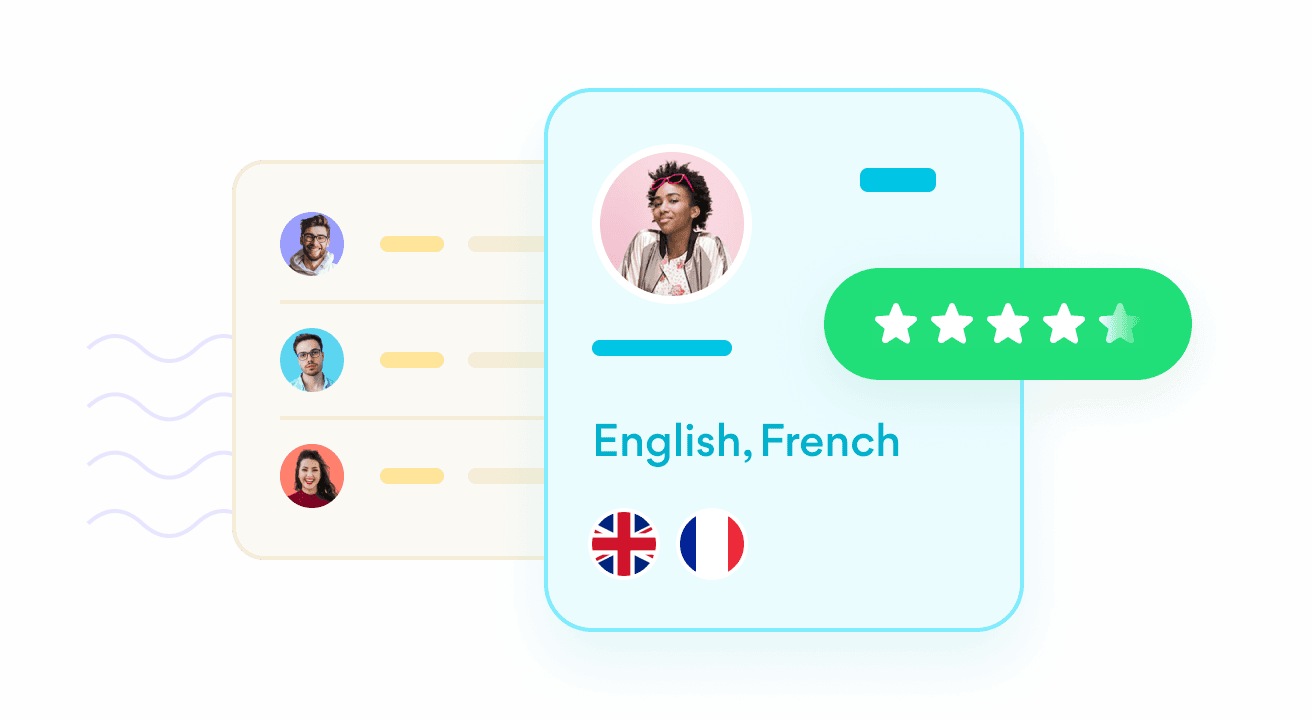Chinese-traditional to Pashto Translation
Looking to translate Chinese-traditional to Pashto? We're the best!
Why Should You Translate Your Content?
Even though it may require additional time and money investment, you can create more sales by taking your content offline as well.

Be local, bo vocal
As an independent business, you don't want to lose customers due to communication issues. Alienate your market with content that can't be published in their native language. By translating your blog or website content, you are hoping for better clickthrough rates, increased convertability and an overall increase in sales. You need to translate the way that you present your product because like I stated in the previous sentence, tailored content leads to success.

Speak their language
Your readers will identify with you more, which will trigger them to share your content with others, creating a buzz about you.

Break barriers
Your readers will learn.
About Chinese-traditional to Pashto Translation Tool
No matter if you are looking to translate Chinese-traditional to Pashto or Pashto to Chinese-traditional, our Chinese-traditional to Pashto translation tool is the perfect app for you! In seconds, you can translate your favorite Chinese-traditional words from your mother tongue into Pashto or Pashto to Chinese-traditional.
Google Translate (and similar software) is constantly evolving and is still not 100% accurate, you can still get the general idea of what is being translated although in special cases there may be some mistakes. I think this is the best translation for this phrase.
The First Thing to "Wordbook" Translation In recent weeks I have been looking into Chinese-traditional translation and how we can offer this service to our readers. After briefly discussing matters with a local linguist, I found out that a few online Chinese-traditional translation resources that are available are very basic and lack a lot of what you might need to get your message across. These websites do not make it easy to convert written Chinese-traditional texts into conversational Pashto, so I have decided to put this matter to rest by offering everyone a better translation system. Following that, I have developed a way for us to offer Chinese-traditional translation in the most user-friendly way available online. With this online translator, you can convert words, phrases and even written Chinese-traditional text into Pashto, and you can also convert Pashto words and phrases into Chinese-traditional
Commonly spoken Chinese-traditional to Pashto phrases
小心駕駛。
په موټر چلولو کې محتاط اوسئ.
芝加哥與波士頓非常不同。
شیکاګو د بوسټن څخه ډیر توپیر لري.
我不明白
زه نه پوهیږم
不用擔心。
اندیښنه مه کوه.
請再說一遍
مهرباني وکړئ بیا یې ووایاست
史密斯先生是美國人嗎?
ایا ښاغلی سمیټ یو امریکایی دی؟
時。
وخت په وخت.
今晚見。
نن شپه به سره وینو.
他很煩人。
هغه ډیر ځورونکی دی.
我口渴。
زه تږی یم.
Frequently Asked Questions
Our translation service uses Google's or Microsoft's translation service using deep learning neural networks to translate text. When you type a word, sentence or phrase in Chinese-traditional - it sends API requests to Google, Microsoft, or any other machine translation service using deep learning; these deep neural networks are computers that have been "taught" how to perform a task (understanding text, in this case) in a way that mimics a biological brain. They take the given text in the source language (Chinese-traditional) and translate them into an equivalent version in the target language (Pashto).
Yes, our content translation to Pashto is absolutely free on all our websites.
Unfortunately, you cannot use this Chinese-traditional to Pashto translation tool. You can only use it online.
The Chinese-traditional to Pashto translation platform combines Google and Microsoft APIs for near-instant results.
Machine translations are useful in understanding the general concept of the sentence. Compare Google Translate and the example below. Machine translations use algorithms, like Google Translate, since they have to work out what words mean when translated by certain words and phrases, so they can match up with other words equal in both languages. This is why the algorithms look at all the possible combinations of words and phrases that make up both languages, and compare them to the words and phrases equal in both languages to help predict what words mean when translated from one to the other. If you want better contextual translation or accurate translation, visit Pepper Content’s language services (https://www.peppercontent.io/translation-services/) and get your content translated by expert translators!